Between volunteering and activism comes…?
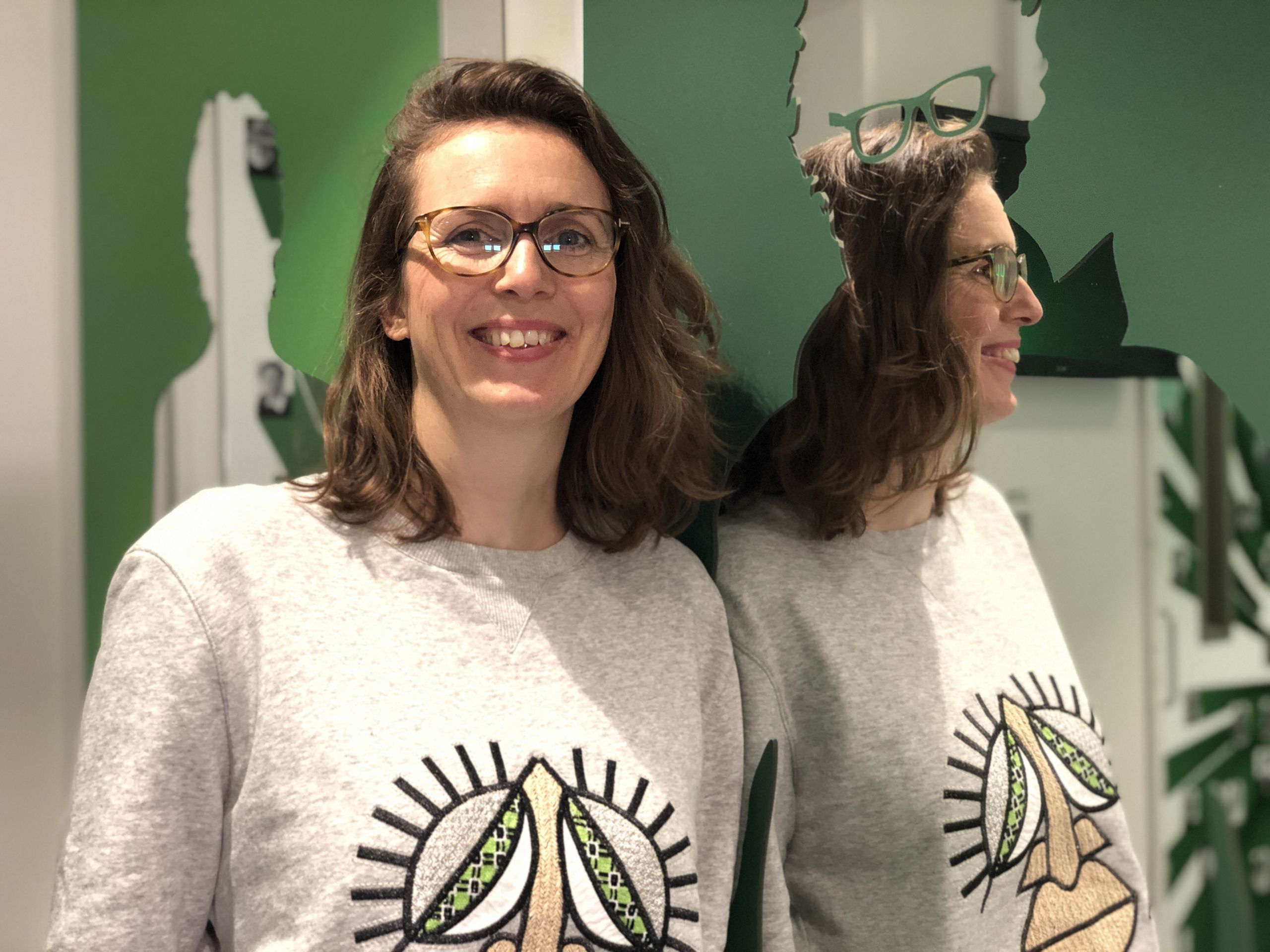
PhD Fellow at CBS, Cristine Dyhrberg Højgaard, is exploring a special kind of civil engagement. It's not volunteering in its natural form or activism. It's something else that does not have a name - yet. (Photo: Anne M. Lykkegaard)
Between Black Lives Matter and volunteer football coaches, a kind of civil engagement and commitment exists that has yet to be addressed, according to PhD Fellow Cristine Dyhrberg Højgaard. Right now, there is no common term for this type of organizing, but it can cover anything from street dancers to people 3D printing visors for the healthcare sector, explains the researcher.
A lot of people are, in one way or another, spending time as volunteers. Maybe they are engaged in a student organization, teach kids how to program tiny robots, or go from door to door collecting money for charity.
However, a phenomenon within the category of civil commitment and engagement has shown itself in recent years. People are organizing themselves in ways that fall between the two well-described stools – volunteering and activism – explains Cristine Dyhrberg Højgaard, PhD Fellow at the Department of Management, Politics and Philosophy at CBS.
“The popular movement Venligboerne can gather 100,000 people to help, and the online initiative DK Makers Mod Corona can produce protective equipment faster than the industry. This kind of engagement exists, but isn’t very well described. Also, they are organized in an unusual way, which is why we must relate to them and better understand what they are,” says Cristine Dyhrberg Højgaard.
Financed by the Tuborg Foundation, the CISTAS project has created a PhD project in which Cristine Dyhrberg Højgaard will explore this kind of civil engagement through three cases; the first two being street dancers in Copenhagen and DK Makers Mod Corona.
She explains that the engagement she is exploring shares some common characteristics. For example, the communities are informally organized, but this does not necessarily make them temporary. Also, the flexible temporal patterns with regards to durability of engagement and frequency of interaction differentiates from typical volunteer work.
“From a research perspective, it is interesting because they put themselves somewhere between volunteering and activism. With regards to the blurry boundaries of membership and the non-hierarchical organization form DK Makers Mod Corona is organized like a grass roots movement, but they are not political, critical or in any way revolutionary as activism would typically be. They help solve a specific problem. And we need a word for that type of organizing,” explains Cristine Dyhrberg Højgaard and continues:
“When we don’t have terms that can encapsulate this phenomenon, there’s a risk that we will otherwise overlook or underestimate the capabilities of this kind of engagement. Some see it as a threat that people don’t organize themselves in the established associations or clubs, but how can we even discuss that if we don’t really understand this kind of engagement?”
“If that isn’t commitment, I don’t know what it is”
At first, the project was set to revolve around street dancers, specifically break dancers. However, when coronavirus shot down most social and physical gatherings, Cristine Dyhrberg Højgaard had to find a different case.
And that was when she decided to investigate the structures behind and interview the people involved in DK Makers Mod Corona. DK Makers Mod Corona is a nationwide group of people, businesses and public institutions, who used their 3D printers to print visor parts for Danish healthcare personnel when the coronavirus crisis was peaking in the spring.
When we don’t have terms that can encapsulate this phenomenon, there’s a risk that we will otherwise overlook or underestimate the capabilities of this kind of engagement
Cristine Dyhrberg Højgaard
“They are interesting as their members range from age 12 to 74 indicating that this is not just a youth phenomenon. They joined together in a highly coordinated way to help healthcare personnel,” says Cristine Dyhrberg Højgaard and continues:
“Sometimes people talk abour informal and temporary engagement as something that doesn’t require commitment. But these makers got up at night to start new print runs, and drove around the country to gather prints from each other to deliver them at distribution centers. If that isn’t commitment, I don’t know what it is. So we need a more nuanced view of this subject.”
Cristine Dyhrberg Højgaard is still studying street dancers. She explains that they are interesting because the giver-beneficiary divide normally associated with volunteering does not harmonize with the non-hierarchical relations typical of learning environments in street sport.
She is exploring the blurriness of engagement that is performed not solely for the act of giving, but also to gain something for oneself, for example from being part of the community or from developing it in a certain direction.
She is also curious to see how it is affecting the engagement that breakdancing has provisionally been added as an Olympic discipline.
“Street dancers often view themselves as anti-establishment. So how will the chance to compete in the Olympics affect them? The tensions between the need for a maybe more established kind of organizations to handle the qualification process contra the tradition of informal organizing, might serve as a magnifier that enlarges the underlying values of their organizing and the engagement it produces,” she speculates.
A new term is needed
Cristine Dyhrberg Højgaard emphasizes that informal civic engagement has been around for a long while. However, social media has made it even easier for people to meet, gather and come together and form different kinds of communities.
“Through social media, you can interact and engage with a far wider audience and become part of various kinds of communities. DK Makers Mod Corona got the idea from Italy, and now there’s a worldwide network of Makers printing protection gear. So I’d say it’s here to stay,” she says.
Because of this, she believes it is important to investigate this phenomenon and describe it better. She hopes her research can contribute to greater understanding, which can benefit society and the communities themselves.
“If we understand how these types of communities evolve and work, it’s easier for the establishment to collaborate with and support them. That’s why I think we need a term for it. I’m working the concept of a do-ocracy, which signifies organizing based on the principles of action and decentralization. But as the term is not very well developed and used differently within academia, my research aims to bring more nuance to it,” she says.



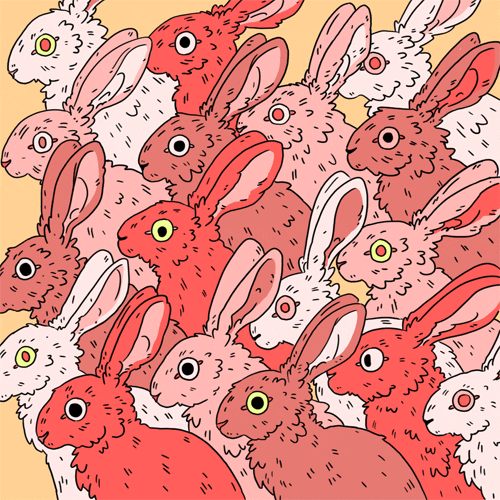
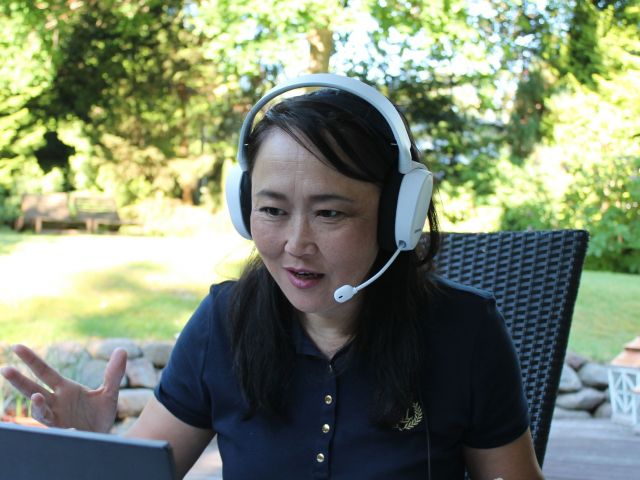
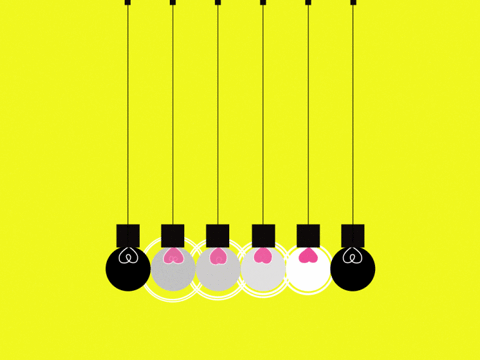

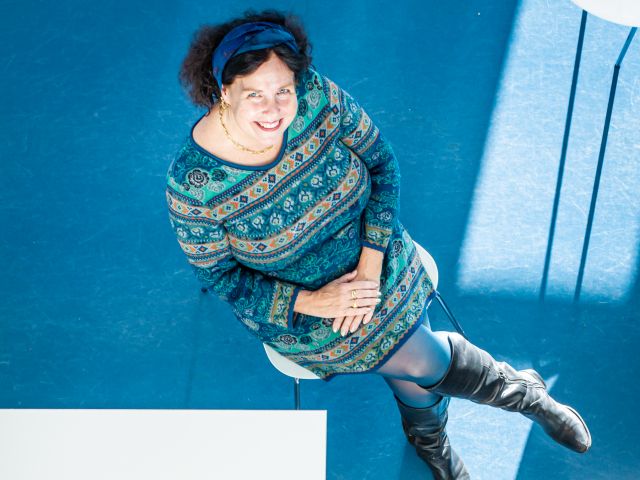
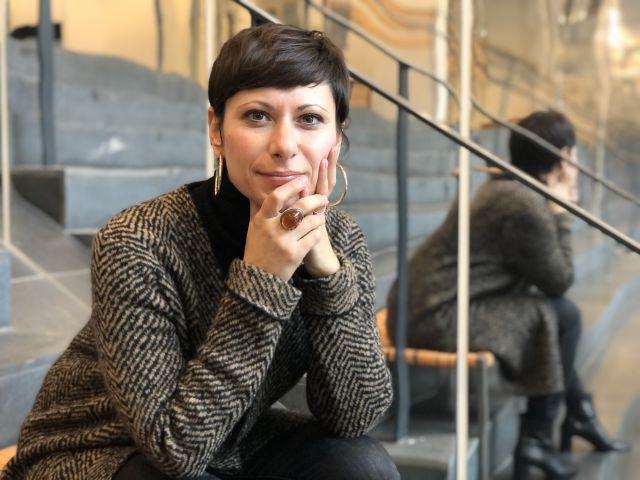

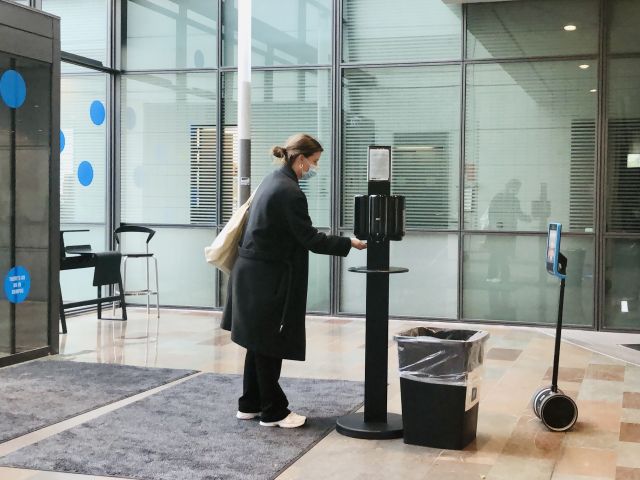





























































































































Comments